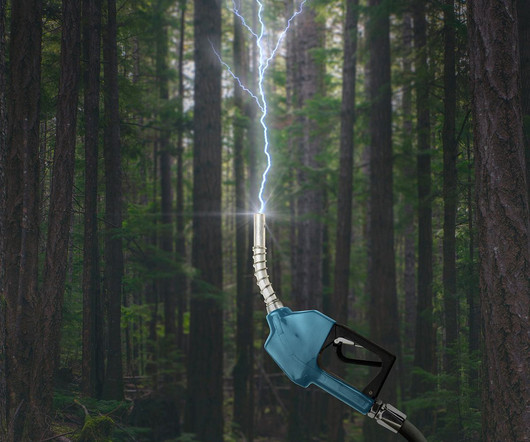Goodenough and UT team report new strategy for all-solid-state Na or Li battery suitable for EVs; plating cathodes
Green Car Congress
MARCH 1, 2017
lithium, sodium or potassium) on a copper–carbon cathode current collector at a voltage of more than 3.0 Traditional rechargeable batteries use a liquid electrolyte and an oxide as a cathode host into which the working cation of the electrolyte is inserted reversibly over a finite solid-solution range.























Let's personalize your content